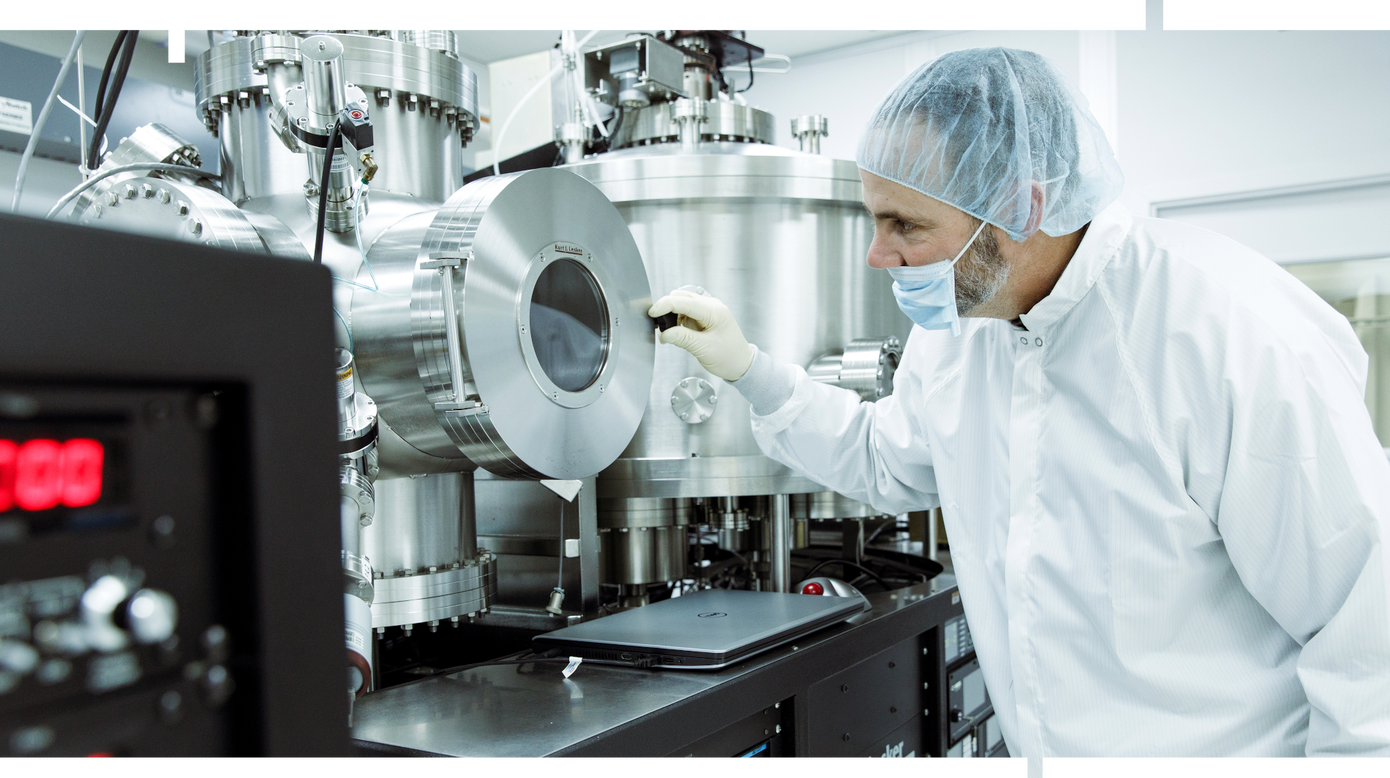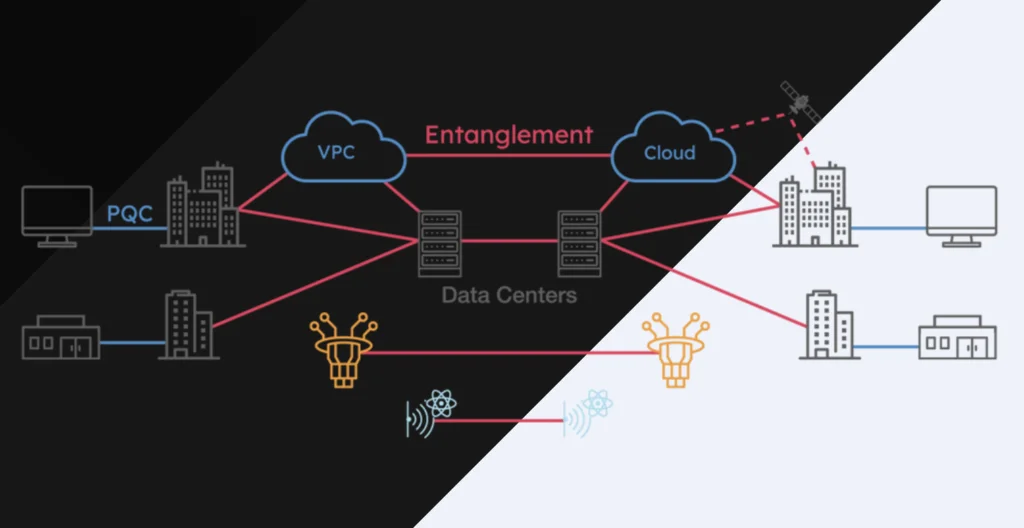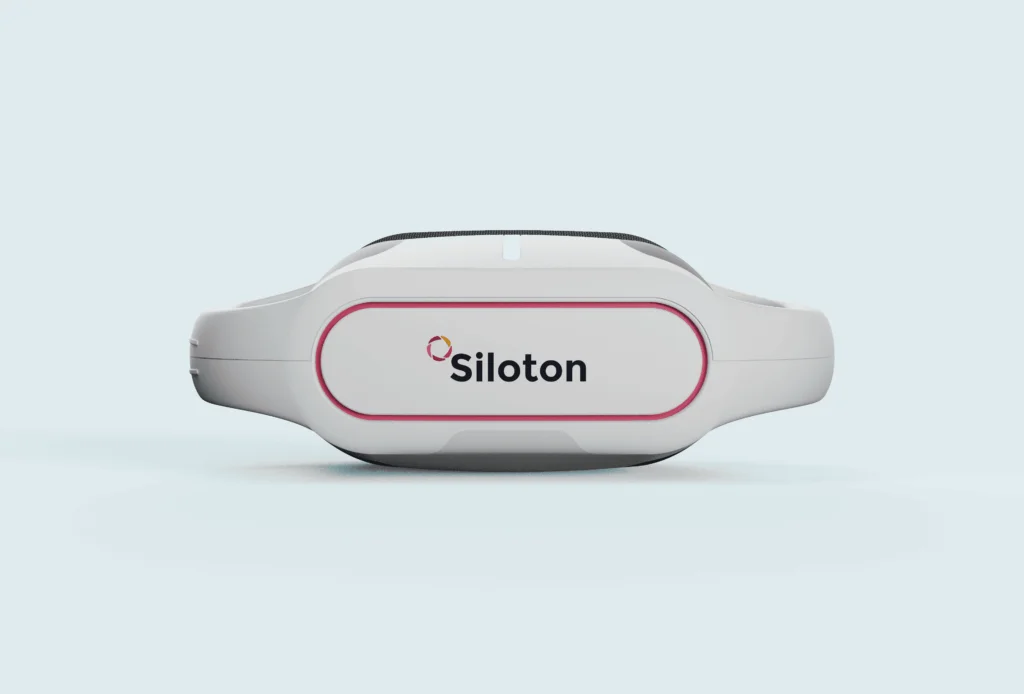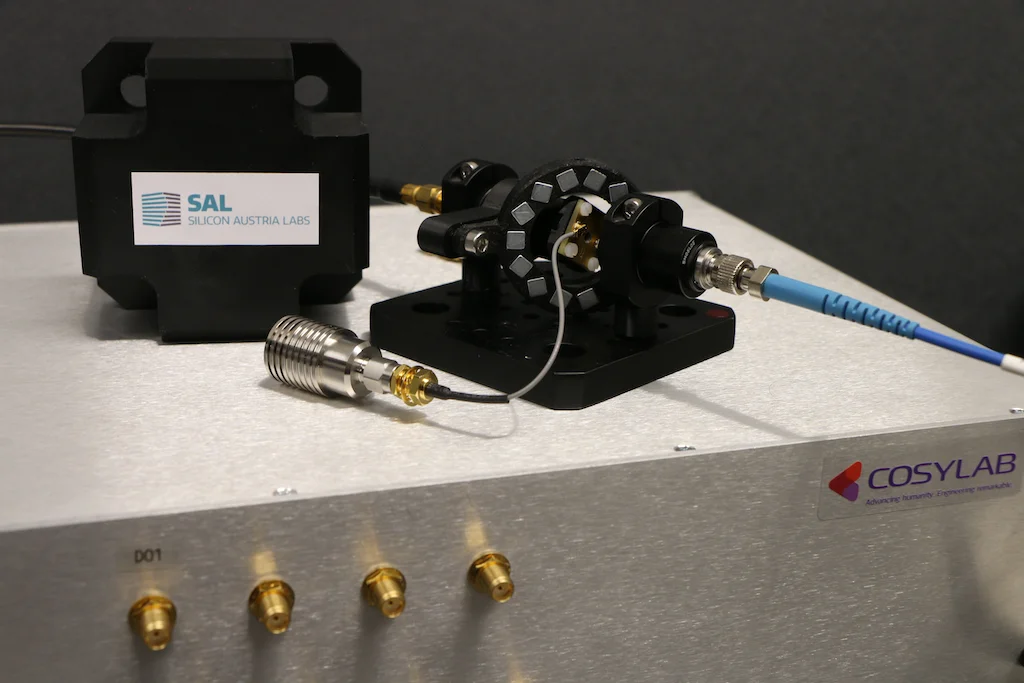
Seeqc has announced funding of $5 Million from M Ventures, the strategic corporate venture capital arm of Merck KGaA, Darmstadt, Germany to develop commercially viable quantum computing systems for problem-specific applications.
The M Ventures funding follows a $6.8 million seed round from investors including BlueYard Capital, Cambium, NewLab and the Partnership Fund for New York City.
Seeqc is developing a new approach to making quantum computing useful, via fully Digital Quantum Computing. The solution combines classical and quantum computing to form an all-digital architecture through a system-on-a-chip design that utilizes superconductive classical co-processing to address the efficiency, stability and cost issues endemic to quantum computing systems.
Seeqc recently spun out of HYPRES, Inc., a developer of superconductor electronics, to pursue a vision of making quantum computing useful, commercially and at scale. Through the spin-out, Seeqc acquired infrastructure and intellectual property from HYPRES. HYPRES had garnered over $100 million from public and private investments to develop a multi-layer commercial superconductor chip foundry and intellectual property. This investment was in support of creating commercial superconductive computing solutions, much of which is now part of Seeqc.

Merck KGaA, Darmstadt, Germany, will be a strategic partner for Seeqc supporting its research and development towards useful, application-specific quantum computers both as semiconductor materials solutions provider as well as an end user for high performance quantum computing.
Seeqc’s approach to QC
While major advancements have been made recently with early generation quantum computing systems, such systems and architectures are inherently unstable and unscalable. The industry continues to struggle with cost, readout and control challenges, excessive input/output connection count as well as the complexities of managing microwave pulses used to control and readout qubits.
Leading state-of-the-art qubits need to be kept at near absolute zero temperatures to function, so as solutions require hundreds, even thousands of qubits — and maybe even more — cost, control/readout, complexity and heat management greatly impact scale.
Seeqc’s digital classical-quantum hybrid approach claims to mitigate many of these challenges:
- Heat/power – Seeqc uses single-flux quantum (SFQ) digital patterns instead of microwave pulses.
- Complexity, distance and stability – by stacking a classical chip over a qubit array and utilizing SFQ, Seeqc’s design simplifies and stabilizes the computing environment.
- Speed/efficiency – Seeqc’s superconducting classical SFQ co-processors are working at tens of GHz, increasing speed and reducing latency in our system.
- Fidelity – Digital readout and control at cryogenic temperatures can lead to higher fidelity.
- Cost-effectiveness – Seeqc’s unique approach to quantum computing not only makes quantum computing useful but also more cost-effective. The company’s platform will deliver quantum computing at approximately 1/400 the cost than the current room-scale, error-prone systems in development.
“The ‘brute force’ or labware approach to quantum computing contemplates building machines with thousands or even millions of qubits requiring multiple analog cables and, in some cases, complex CMOS readout/control for each qubit, but that doesn’t scale effectively as the industry strives to deliver business-applicable solutions,” said John Levy, co-chief executive officer at Seeqc. “With Seeqc’s hybrid approach, we utilize the power of quantum computers in a digital system-on-a-chip environment, offering greater control, cost reduction and with a massive reduction in energy, introducing a more viable path to commercial scalability.”
“We’re excited to be working with a world leading team and fab on one of the most pressing issues in modern quantum computing,” says Owen Lozman, Vice President at M Ventures. “We recognize that scaling the current generations of superconducting quantum computers beyond the noisy intermediate scale quantum era will require fundamental changes in qubit control and wiring. Building on deep expertise in single flux quantum technologies, Seeqc has a clear, and importantly cost-efficient, pathway towards addressing existing challenges and disrupting analog, microwave-controlled architectures.”
“As a leading science and technology company, it is one of our key missions to stay on top of emerging trends. In quantum computing, we see a huge potential to advance major parts of our existing business,” says John Langan, Chief Technology Officer, Performance Materials at Merck, KGaA, Darmstadt Germany. “We’re therefore excited to be embarking on a close partnership with Seeqc to develop the next generation of quantum machines. For one, our Semiconductor Solutions business unit will be working with Seeqc to develop and optimize semiconductor materials and processes utilized in the manufacturing of quantum technologies. In parallel, our Quantum Computing Task Force will support Seeqc in developing application-specific quantum co-processors to expedite the advent of industrially viable quantum computers that can be used by our Digital Organization and by our computational researcher across our three main business units.”
The company holds 36 patents and is comprised of 16 PhDs with senior leadership experience from HYPRES.














